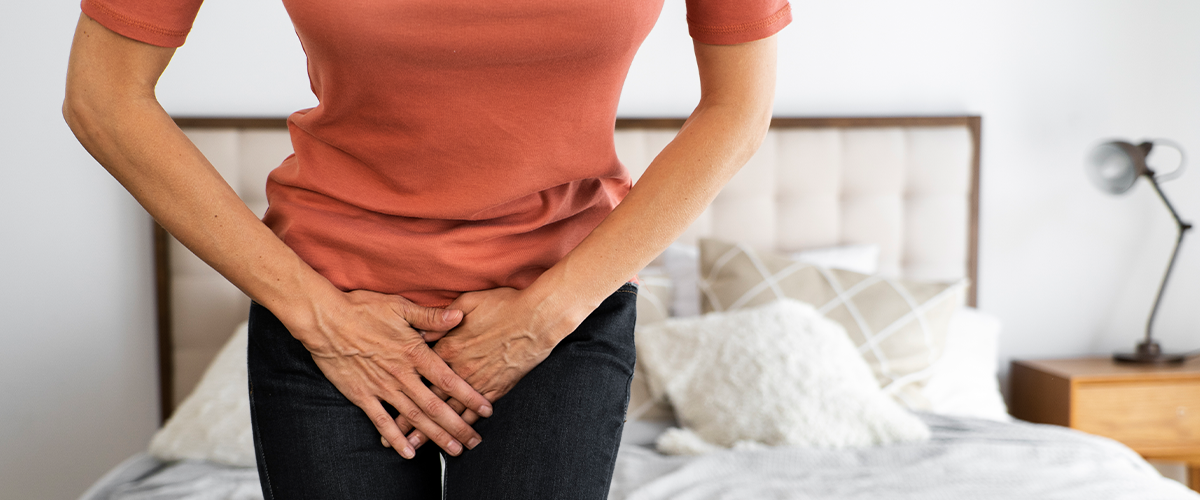In Hemorhoidal diseases: Lifestyle and feeding

In Hemorhoidal diseases: Lifestyle and feeding
After experiencing hemorrhoids and undergoing treatment, adopting certain lifestyle and dietary habits can promote healing, prevent recurrence, and improve overall anal health. Here are some lifestyle and dietary recommendations:
1. High-fiber diet: Consuming a diet rich in fiber can help promote regular bowel movements and prevent constipation, which is a common contributing factor to hemorrhoid development. Include foods such as fruits, vegetables, whole grains, legumes, and nuts in your diet.
2. Hydration: Drink an adequate amount of water throughout the day to maintain proper hydration. Sufficient hydration can help soften the stool and ease bowel movements.
3. Avoid straining: Straining during bowel movements can worsen hemorrhoidal symptoms and potentially lead to the formation of new hemorrhoids. Avoid straining by taking your time, not rushing on the toilet, and allowing bowel movements to occur naturally.
4. Good bathroom habits: Establish regular bowel habits and avoid delaying or suppressing the urge to have a bowel movement. Also, ensure you have enough time for a complete evacuation without rushing.
5. Gentle cleansing: After bowel movements, clean the anal area gently with warm water or unscented, alcohol-free wipes. Avoid using harsh or scented soaps, as they can further irritate the area.
6. Avoid excessive sitting or standing: Prolonged sitting or standing can put pressure on the anal area and exacerbate hemorrhoidal symptoms. Take breaks, move around, and avoid prolonged periods of sitting or standing.
7. Regular exercise: Engage in regular physical activity to promote healthy digestion, improve circulation, and maintain a healthy weight. Consult with your healthcare professional about suitable exercises based on your specific condition.
8. Maintain a healthy weight: Being overweight or obese can increase the risk of developing hemorrhoids. Maintain a healthy weight through a balanced diet and regular exercise.
9. Avoid lifting heavy objects: Straining while lifting heavy objects can increase pressure in the anal area. Use proper lifting techniques or ask for assistance when dealing with heavy objects.
10. Sitz baths: Taking warm sitz baths for 10-15 minutes several times a day can help reduce discomfort, promote healing, and alleviate symptoms.
It's important to note that these lifestyle and dietary recommendations may vary depending on individual circumstances and the advice provided by your healthcare professional. Consulting with a healthcare professional or a specialist in colorectal health can provide personalized guidance and recommendations tailored to your specific needs.
Prof. Dr. Gökhan AKBULUT
General Surgery











